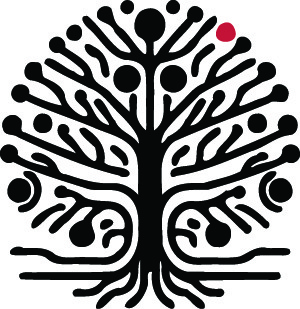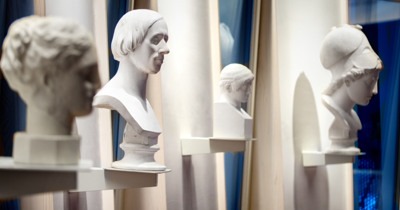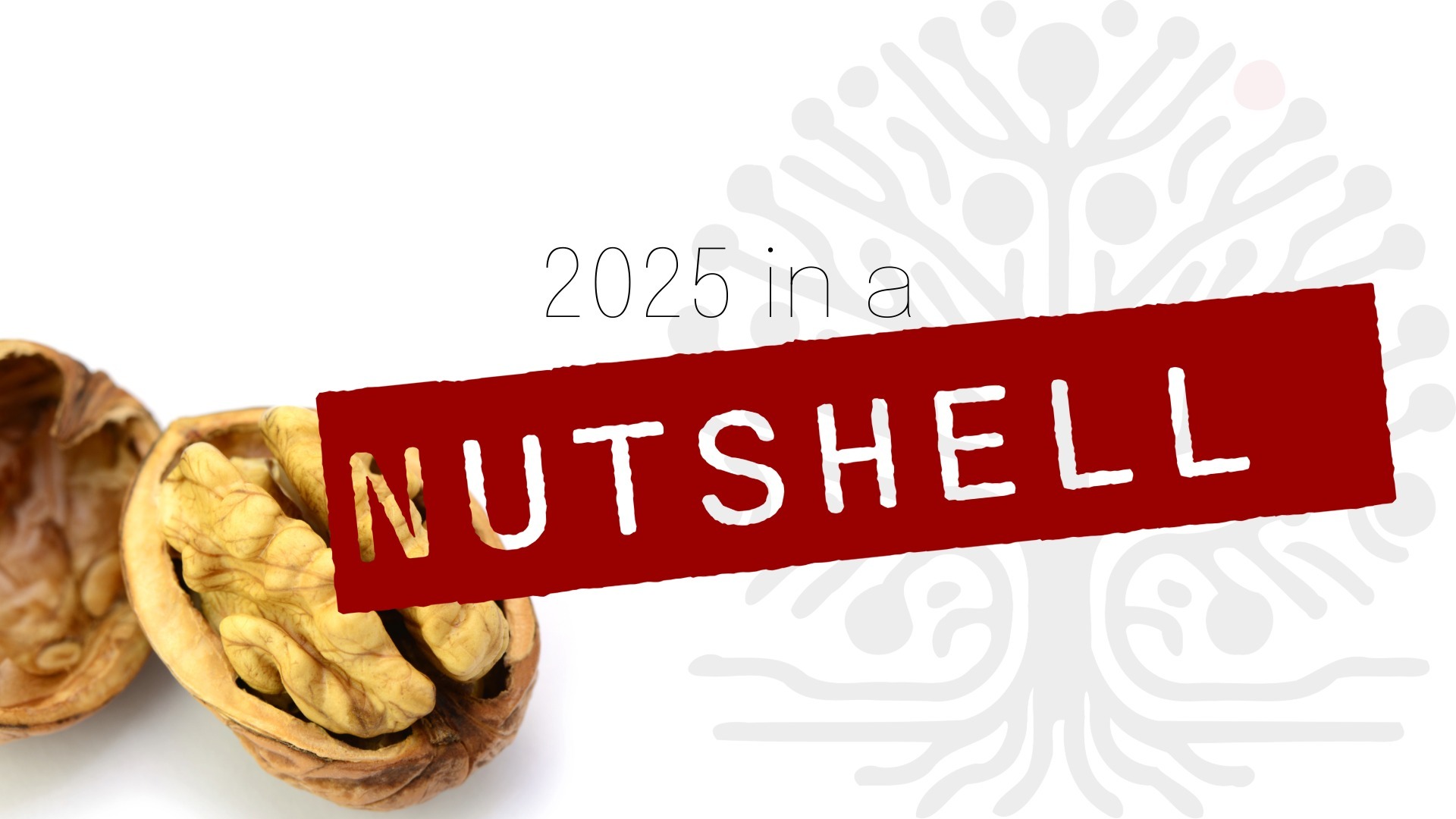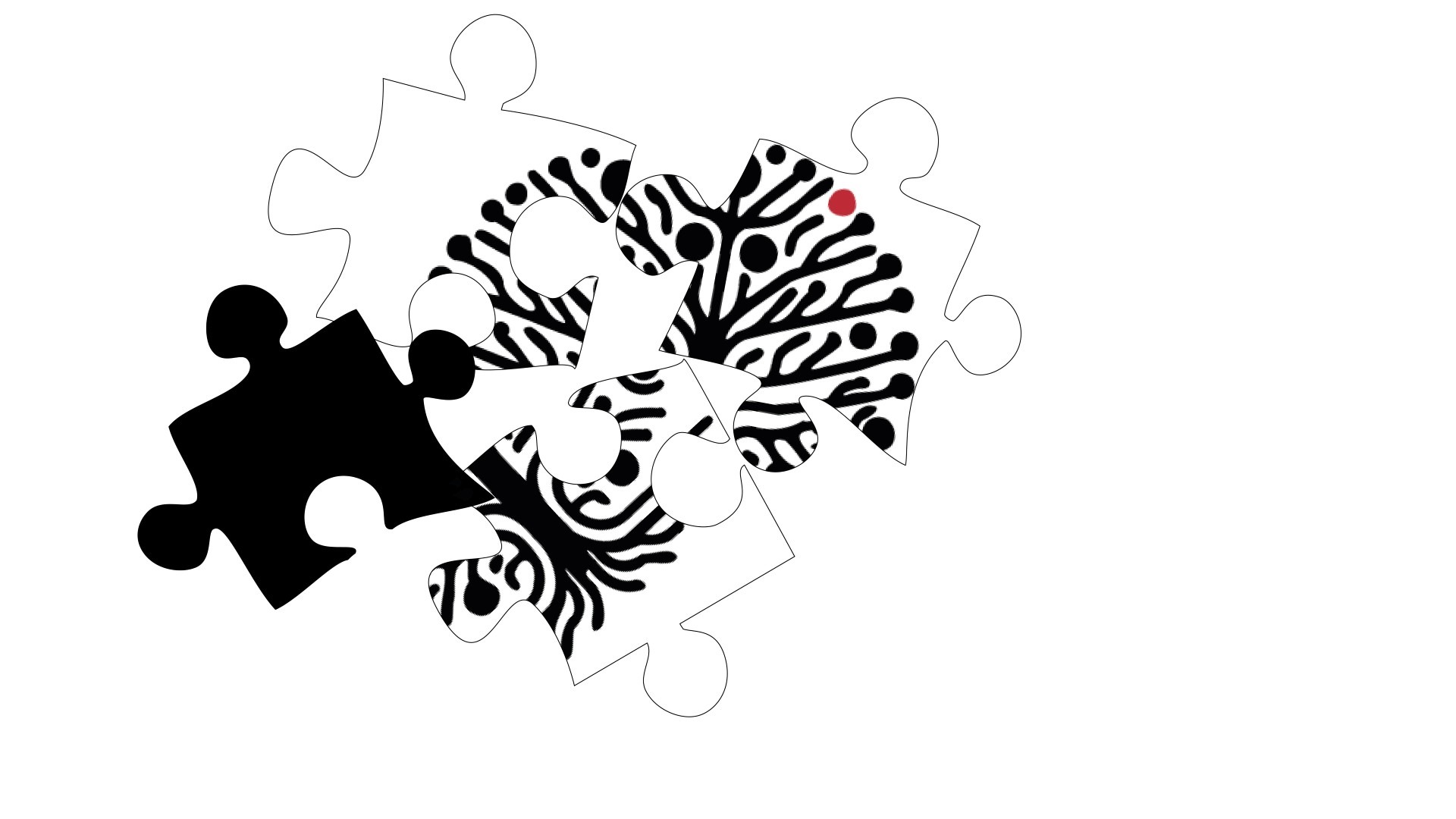We’re excited to announce that the Human Past Fellows for academic year 2025-26 have been selected! The fellowship programme is an initiative by the Center for the Human Past, administered by the Swedish Collegium for Advanced Studies (SCAS). It is designed to foster a collaborative environment where early-stage and established scholars can converge across three disciplines, archaeology, population genetics and historical linguistics to explore the shared history of the world’s populations over the past 10,000 years.
Human Past SCAS Fellows 2025-26
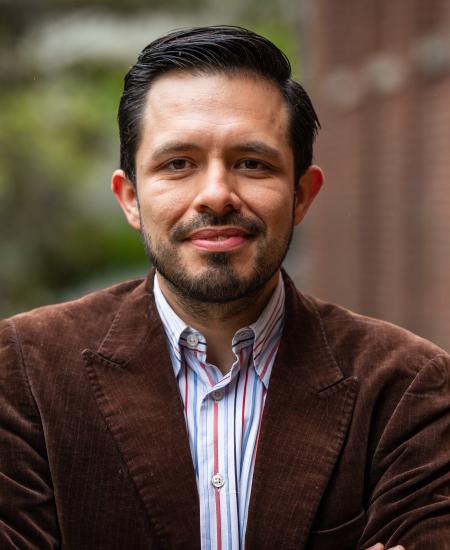
Hugo Reyes Centeno
Senior Fellow (autumn term 2025-26)
Assistant Professor, Department of Anthropology,
University of Kentucky, USA
Bio link
Fellowship project: Genomic and archaeological approaches toward resolving the Austronesian problem
Abstract
Despite consensus on the movement of peoples from mainland Asia to Island Southeast Asia and the Pacific over the past five thousand years, the mode of dispersal and biocultural change remains highly contested. While some hypotheses posit agriculturalists and Austronesian language speakers rapidly dispersing via Taiwan, other scenarios postulate, for example, additional dispersal routes, the gradual adoption of agricultural practice, and dynamic language borrowing.
During the fellowship, Reyes-Centeno will assess current debates by critically synthesizing models developed from linguistic, archaeological, and genetic lines of evidence and by harnessing original archaeological data collected from the Philippine archipelago.
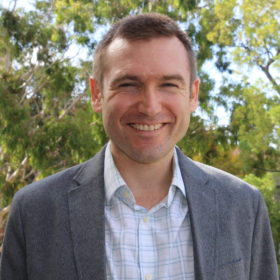
David Goldstein
Senior Fellow (spring term 2025-26)
Professor of Linguistics, Indo-European Studies, and Classics, University of California, USA
Bio link
Fellowship project: The shape and fabric of linguistic diversification in ancient Greek
Abstract
One of the most striking features of Ancient Greek culture is its rich linguistic diversity. Unraveling the origins of this diversity is one of the central questions of both Hellenic and Indo-European studies, as our understanding of this phenomenon has crucial consequences for history, linguistics, and archaeology.
The central goal of David’s project is to understand how, when, and why this dialect diversity emerged. In answering these questions, he will take advantage of a new dataset, novel quantitative methods, and an interdisciplinary perspective. The guiding idea of this study is that the diversification of ancient Greek can only be understood by taking both tree-like and non-tree-like evolution into account.
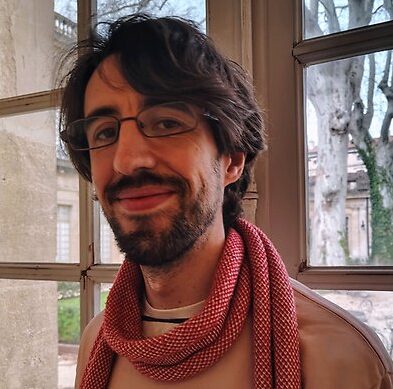
Anthony Jakob
Junior Fellow (full academic year 2025-26)
Guest Researcher, Leiden University Center for Linguistics, Leiden University, the Netherlands
Bio link
Fellowship project: Tracing Prehistoric Language Shift in the West Uralic Languages
Abstract
North-eastern Europe is currently home to two genetically unrelated language families — Indo-European and Uralic. It is universally agreed that the current linguistic landscape is the result of prehistoric migrations; however, narratives among linguistics, archaeologists and geneticists have not always agreed, with archaeologists generally favouring longer-term continuity. Recent aDNA evidence, however, seems to suggest the spread of Uralic languages into Western Europe was comparatively recent. If this is so, the question arises as to what language was spoken in north-eastern Europe prior to the Uralic expansion.
Building on previous proposals of unidentified linguistic substrates in the westernmost Uralic languages, Anthony intends to investigate such prehistoric interactions through a detailed study of the West Uralic lexicon. Through gathering evidence of this kind, and subjecting it to the methods of linguistic palaeontology, he wants to test the viability of the scenarios for the westward spread of the Uralic languages proposed by archaeologists and geneticists, while also shedding light on extinct languages once spoken in the region.
Congratulations and welcome to the Center for the Human Past!
You can find more details about the Human Past and other SCAS Fellows on SCAS website
